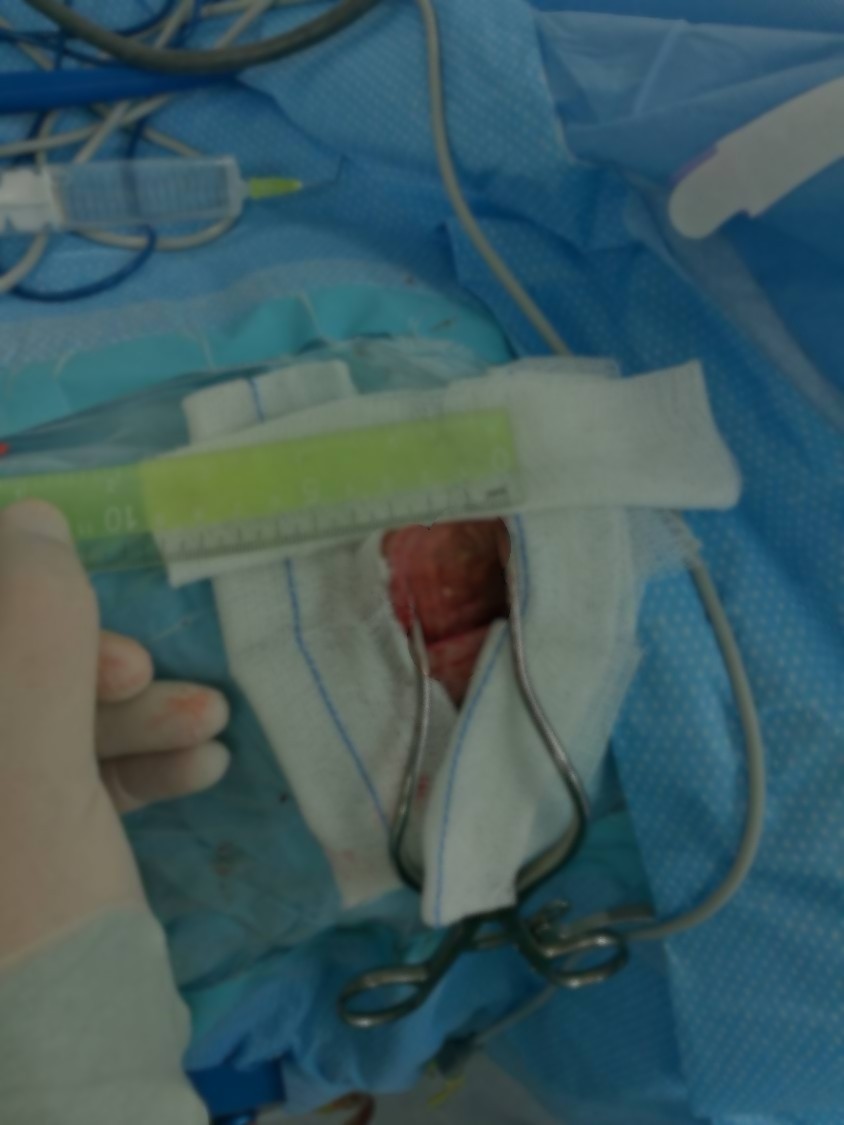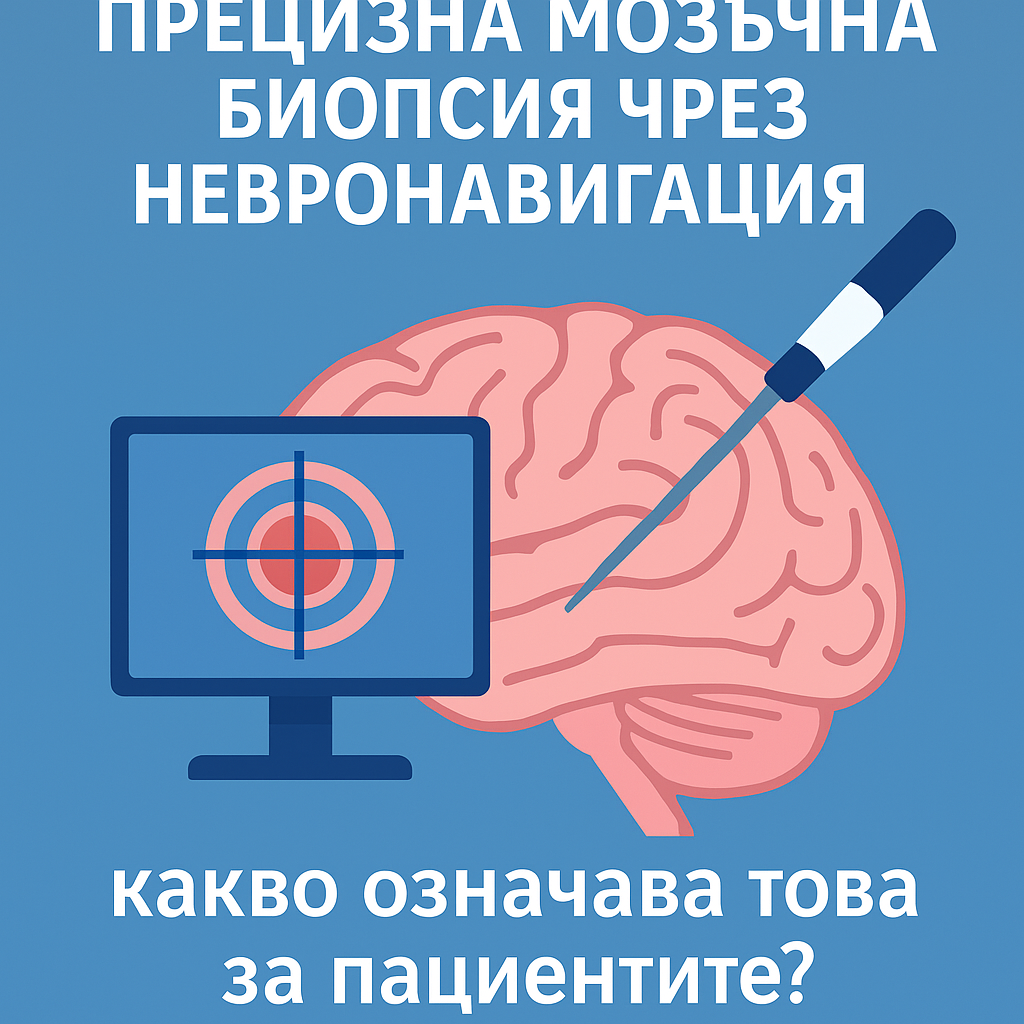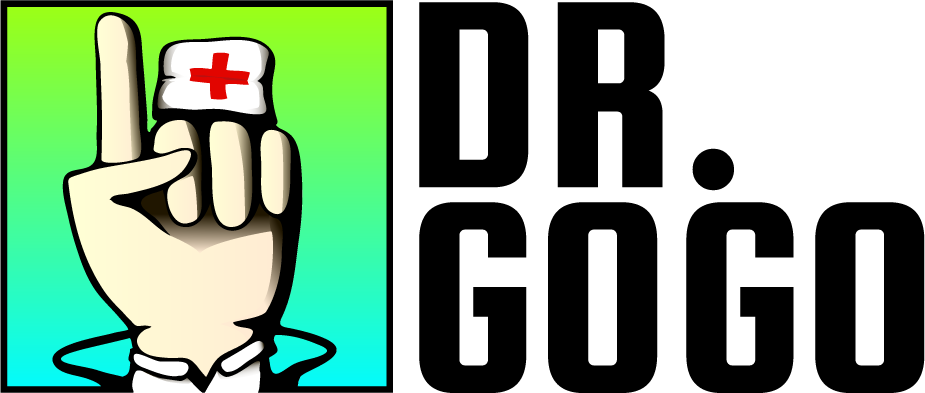Precise brain biopsy using neuronavigation – what does this mean for patients?
Author: DrGoGo, with thanks to Dr. Martin Moynov, MD, PHD, neurosurgeon at St. Marina University Hospital, Varna
Based on: “Monocentric clinical experience with frameless biopsy of supratentorial intraaxial lesions”, 2021 - Article by Dr. Moynov
MAY CONTENT GRAPHIC IMAGES
In the following lines, we will present an article based on a report published by Dr. Martin Moynov, MD, PHD, neurosurgery specialist with many years of experience. In it, we will briefly show his research on the accuracy and reliability of neuronavigation - a modern high-tech tool, a mandatory part of modern cranial neurosurgery.

What happens when doctors have to take a biopsy from the brain?
Diagnosing a brain tumor is one of the most delicate moments in neurosurgery. In these clinical cases, it is important to establish the exact nature of the formation in the brain in order to choose the appropriate treatment. The most reliable method for this is biopsy - taking a tissue sample for histological (tissue) analysis.

The problem? The brain does not forgive mistakes.
Fortunately, modern neurosurgery has high-tech methods such as frameless neuronavigated fine-needle biopsy - a technique that allows surgeons to reach deep-seated brain lesions with precision down to a millimeter, through a 3 cm skin incision, through a scull opening with a radius of up to 7 mm, without using a rigid metal frame around the patient's head.

What does the experience of Dr. Martin Moynov, MD, show?
In his study, published in a prestigious medical journal, Dr. Moynov presents the results of 40 consecutive cases in which frameless biopsy of intracranial lesions in the supratentorial zone (upper part) of the brain was used. All patients underwent the intervention at St. Marina University Hospital - Varna between 2018 and 2020.
It is impressive that in 95% of patients an accurate histological diagnosis was achieved, and in the remaining 5% an accurate microbiological diagnosis. No serious complications were recorded, except for minimal bleeding, without clinical manifestation, which did not require additional treatment. The intervention lasts about 1 hour and is performed under general anesthesia.
This shows that the method is not only reliable, but also safe when applied by a team with appropriate training and experience.

How does the "neurosurgical GPS" work?
The neuronavigation system functions as a GPS for the brain. Before the operation, an MRI or CT scan is performed, which is loaded into the navigation computer system. During the operation, neuronavigation tracks in real time the location of the surgical instruments in relation to the individual anatomy of the patient. Thus, the surgeon sees the exact position and trajectory of the biopsy needle at every second and reaches the most suitable part of the tumor for biopsy without affecting functionally significant structures such as speech, visual and motor brain centers.

What is the meaning for the patient?
• Lower risk of damage to healthy brain structures
• Less invasiveness: small incision, short procedure, fast recovery.
• Fast and accurate diagnosis, allowing timely treatment (chemotherapy, radiotherapy, or definitive surgery)
• Short hospital stay and less stress for the patient and their loved ones.
Why this signifies progress for Bulgaria?
Reports like the one published by Dr. Moynov show that Bulgarian neurosurgery is up to date with world standards. The use of frameless neuronavigated biopsy is no longer a privilege of clinics in Western Europe or the USA. The technology is available here in Bulgaria, and is in the hands of doctors who not only master the technique, but also contribute with their own scientific research. This is not just good news – it is a cause for pride.
Final thoughts
When it comes to brain diseases, time and accuracy are crucial. An experienced neurosurgeon with a computer-based frameless biopsy in his arsenal gives patients with malignant brain tumors a chance not only for a timely diagnosis, but also hope. Hope that even in difficult times, there are people who work for their benefit.

DrGoGo supports and promotes Bulgarian doctors who move medicine forward.
📢 Appeal Like and share if you believe that medical science should be accessible to everyone. Subscribe for more popular stories from the world of health at www.drgogo.bg
(This publication is intended solely for informational and educational purposes. Mention of St. Marina University Hospital – Varna is provided for context regarding the professional activity of Dr. Martin Moynov, M.D., author of the referenced scientific article. The hospital has not participated in the creation, editing, or distribution of this content and has not expressed official endorsement of the DrGoGo platform. )



Comments